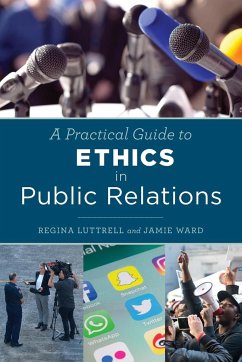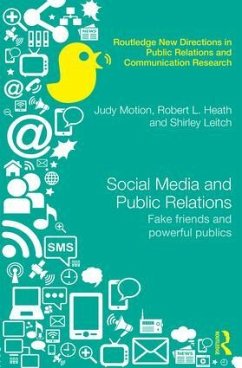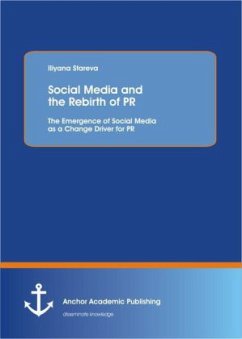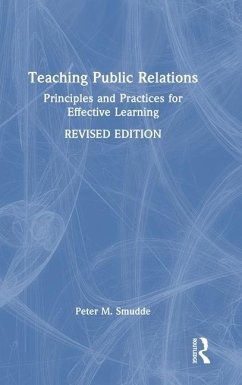
Strategic Silence
Public Relations and Indirect Communication
Versandkostenfrei!
Versandfertig in 1-2 Wochen
167,99 €
inkl. MwSt.
Weitere Ausgaben:

PAYBACK Punkte
84 °P sammeln!
Mainstream public relations overvalues noise, sound and voice in public communication. But how can we explain that while practitioners use silence on a daily basis, academics have widely remained quiet on the subject? Why is silence habitually famed as inherently bad and unethical? Using a format of multiple short chapters and practice examples, this is the first book that discusses the concept of strategic silence, and its consequences for PR theory and practice. Applying silence to communication cases and issues in global societies, it will be of interest to scholars and researchers in publi...
Mainstream public relations overvalues noise, sound and voice in public communication. But how can we explain that while practitioners use silence on a daily basis, academics have widely remained quiet on the subject? Why is silence habitually famed as inherently bad and unethical? Using a format of multiple short chapters and practice examples, this is the first book that discusses the concept of strategic silence, and its consequences for PR theory and practice. Applying silence to communication cases and issues in global societies, it will be of interest to scholars and researchers in public relations, strategic communications and communication studies.













